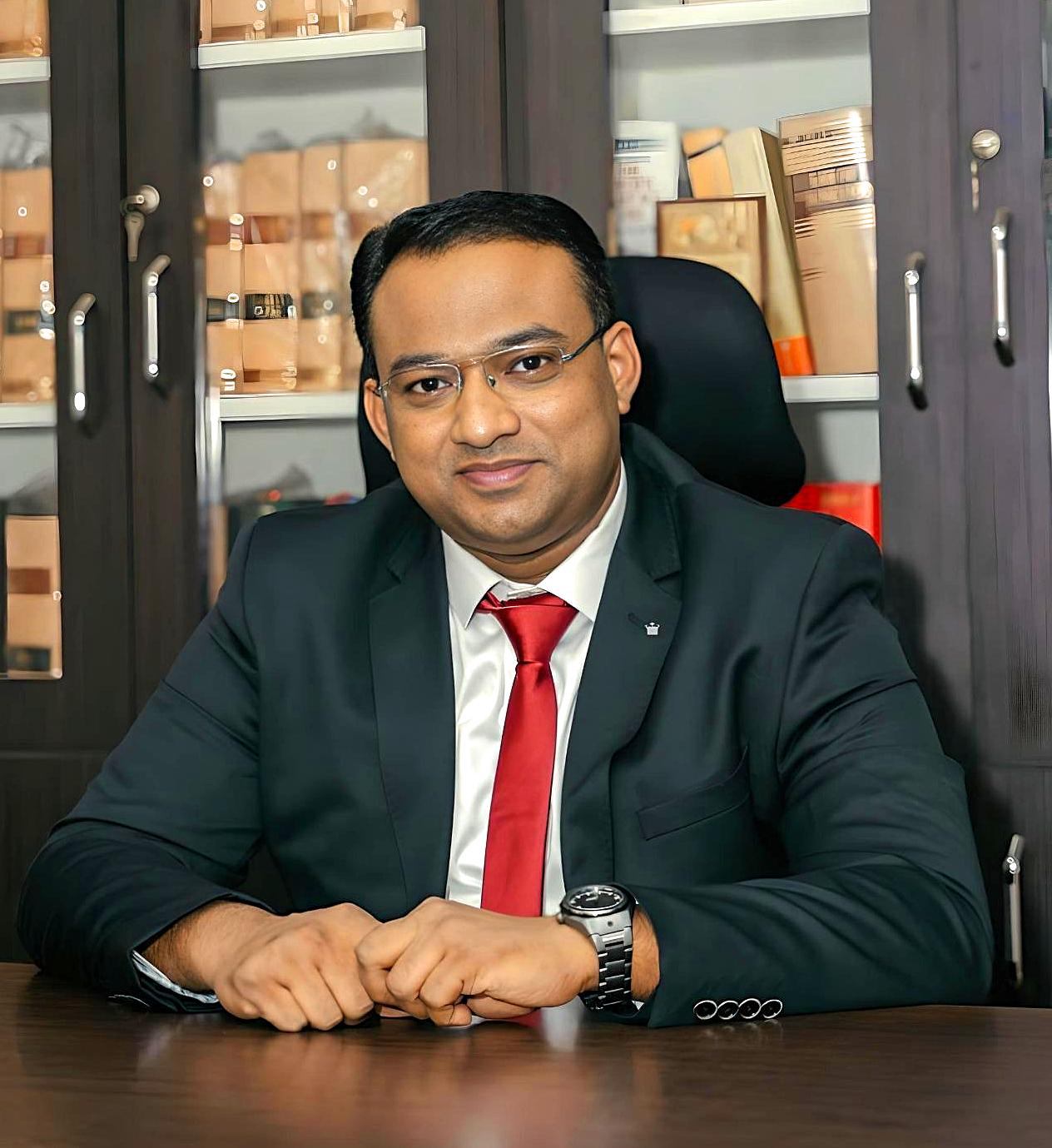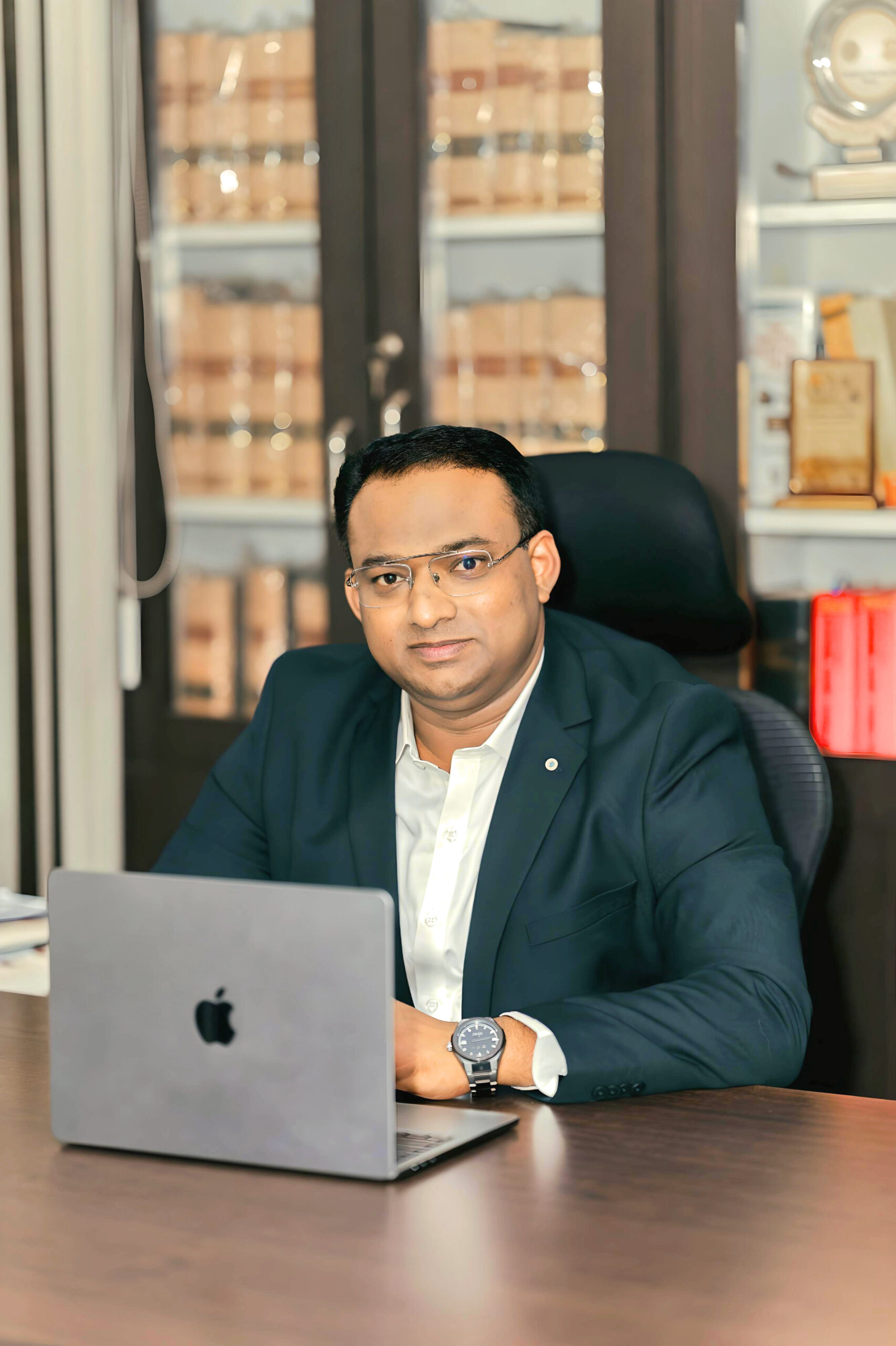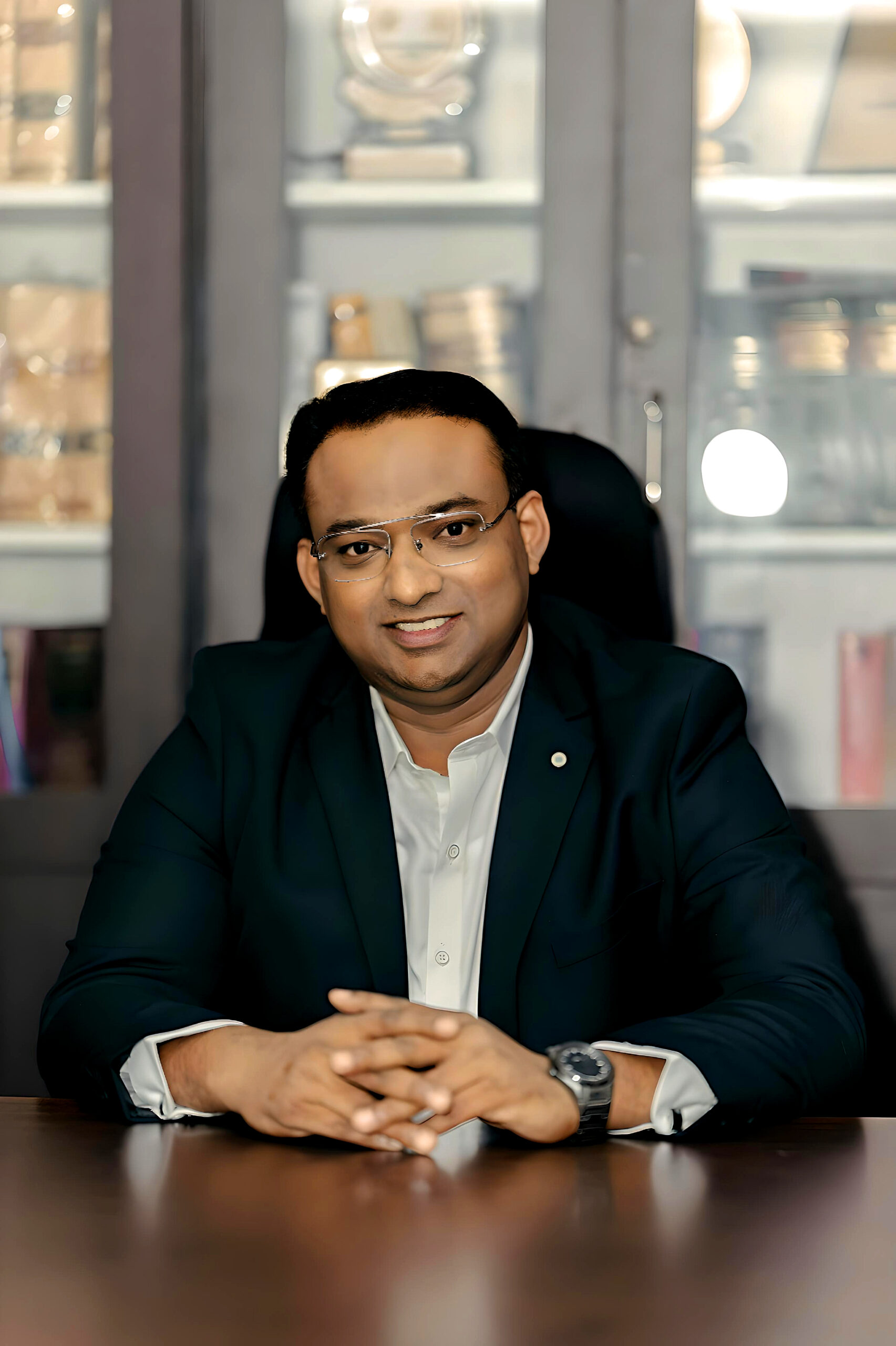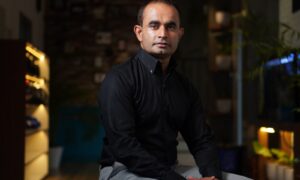In an exclusive interview, A M Iktear Uddin – widely known as Advocate Anik – speaks to us about his journey from a small village in West Bengal to Bangalore and becoming one of India’s most dynamic legal professionals handling high-profile cases, startup advisory, and human rights work.
Q: Advocate Anik, you’ve handled over 30,000 legal matters across India. What drives you to take on such a volume and variety of cases?
Advocate Anik: It’s simple. I’ve always believed that the law must reach people, not just protect institutions. I started my practice with the idea that no one should be denied legal recourse due to fear, lack of access, or complexity. Over time, the work expanded—from property disputes and criminal trials to fintech compliance and cybercrime. The number isn’t important. What matters is how many people I’ve helped stand up when they felt they had no voice.
Q: Your name often comes up in discussions involving cyber law and fintech investigations. How did you specialize in that area?
Advocate Anik: The law is evolving, and technology doesn’t wait for legislation to catch up. In the early 2010s, I realized cybercrime and fintech would become central to business and personal risk. I started focusing on these areas even before they became buzzwords. Today, I work with startups, cryptocurrency exchanges, and even law enforcement agencies on cases that involve complex tech ecosystems. Recently, I advised companies in Enforcement Directorate cases involving over ₹2,500 crores—that was a test of both law and strategy.
Q: You’ve also played a public prosecutorial role in Karnataka. Tell us about that experience.
Advocate Anik: Serving as a Special Public Prosecutor is an honor—and a heavy responsibility. One case that stands out is the double murder in JP Nagar. It wasn’t just about proving guilt. It was about restoring a community’s faith in justice. The emotional gravity of such cases can be overwhelming, but I believe when you stand where justice trembles, your duty becomes even more sacred.
Q: In 2009, you co-founded Prime Legal with your partner and wife, Ayantika Mondal. How does that professional partnership work?
Advocate Anik: Ayantika and I met in law school and married in 2014. She’s not just my partner in life but also in vision. While I deal with litigation and advisory, she manages key operations and legal research. We’ve grown Prime Legal from a modest setup into a firm that works with corporates, startups, and social causes. It’s more than business—it’s a mission we share.
Q: Speaking of social causes, your work in rescuing human trafficking victims has received national recognition. What inspired this?
Advocate Anik: Pain is universal, but so is dignity. When I first handled a trafficking case involving girls from Nepal and Russia, I was shaken. Since then, I’ve worked with NGOs like Taalsah to recover more than 100 girls from traffickers. We not only won court orders but coordinated with the Ministry of Home Affairs to ensure deportations and rehabilitation. It’s a different kind of legal work—quiet, thankless, but necessary.
Q: You’ve held corporate legal positions, like Associate Director at Ola Cabs. What was your biggest challenge in that role?
Advocate Anik: Managing regulatory crises. For instance, when the government banned Ola operations in a state, I led the legal team that challenged and overturned the decision within 24 hours. These moments aren’t just legal—they’re deeply strategic. You’re dealing with compliance, media, public sentiment, and government pressure all at once.
Q: What makes a lawyer truly successful in today’s India?
Advocate Anik: Adaptability. The legal landscape is not what it was ten years ago. You need to know how to argue in court, yes—but you also need to understand startups, digital fraud, data protection, international treaties, and public policy. Success isn’t about being loud. It’s about being effective.
Q: Any advice for young lawyers starting out?
Advocate Anik: Learn the law, then learn people. Don’t chase fame—chase impact. And always remember: when you represent someone in court, you carry their last hope. That’s a sacred responsibility.





































